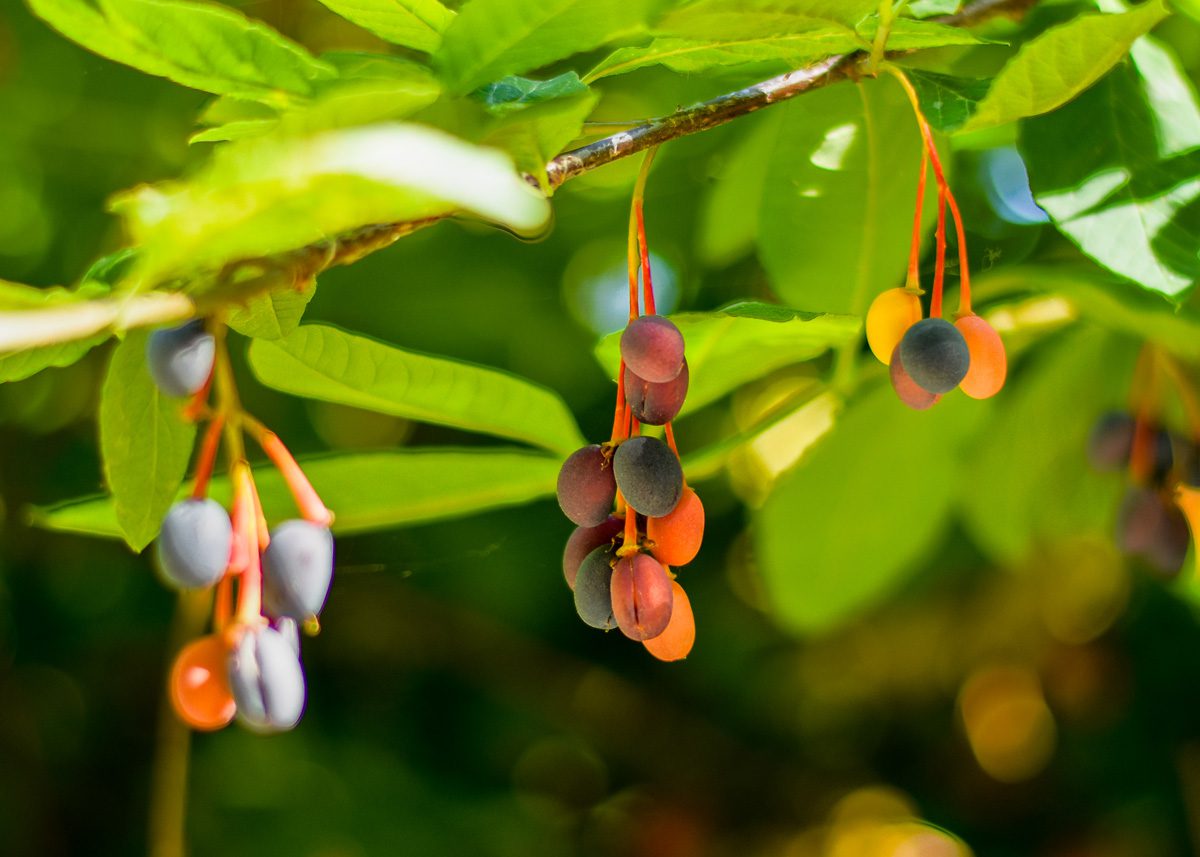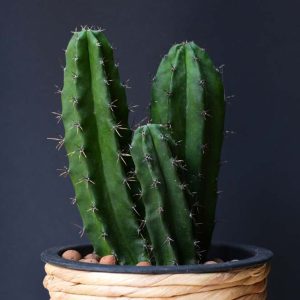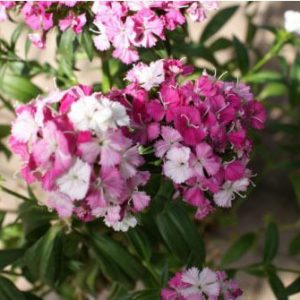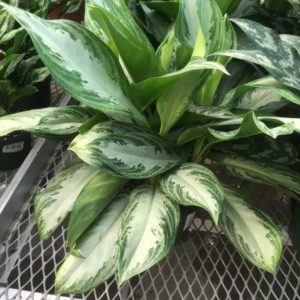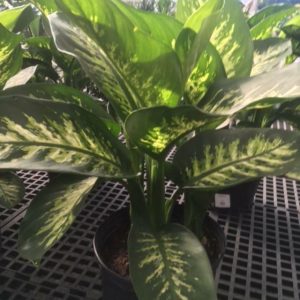Description
Oemleria – Nuttallia – Osmaronia –
There is a sole species of a deciduous shrub in this genus. It is found in forest and canyons in Western North America. It is grown for its simple, alternate, glossy, oblong leaves which are gray and slightly downy beneath, and for its pendent racemes of bell shaped flowers, both of which appear very early in the year (it is one of the first plants to come into leaf, often in late winter). Male and female flowers are borne on separate plants, and both must be grown to bear small, black, plum like fruit. Grow in a shrub border or woodland garden.
Grow in fertile,, moist but well drained soil in sun or partial shade. In moist soil, vigorously growing plants may sucker extensively, remove excess sucker to restrict growth.
Prone to powdery mildew, and leaf spots.
O. cerasiformis – Oregon Plum – Oso Berry – Indian Plum – Nuttallia cerasiformis – Osmaronia cerasiformis – This suckering shrub, forming a thicket found from British Columbia to California grows 8′ feet tall or more and 12′ feet wide. From upright, to eventually arching shoots it carries narrowly oblong or lance shaped to inversely lance shaped, glossy, dark green leaves, to 3 ½” long, gray-green and softly hairy beneath. In early spring as the leaves emerge it bears pendent racemes, to 4″ long of dainty. Bell shaped, almond scented white flowers. Flowers are followed by on female plants by ovoid, plum like, purple-black fruit, 3/4″ long.
Zones 6-10

